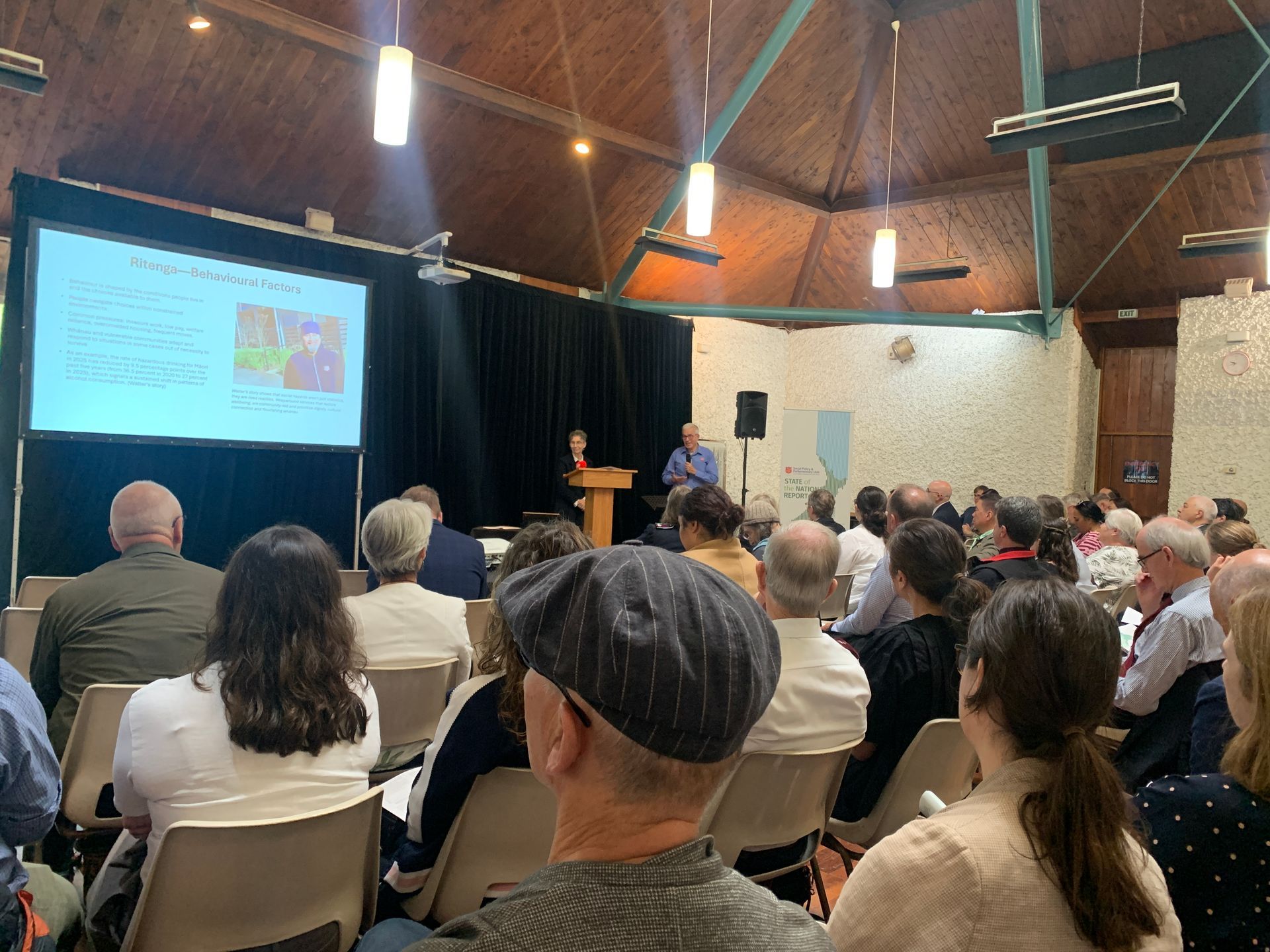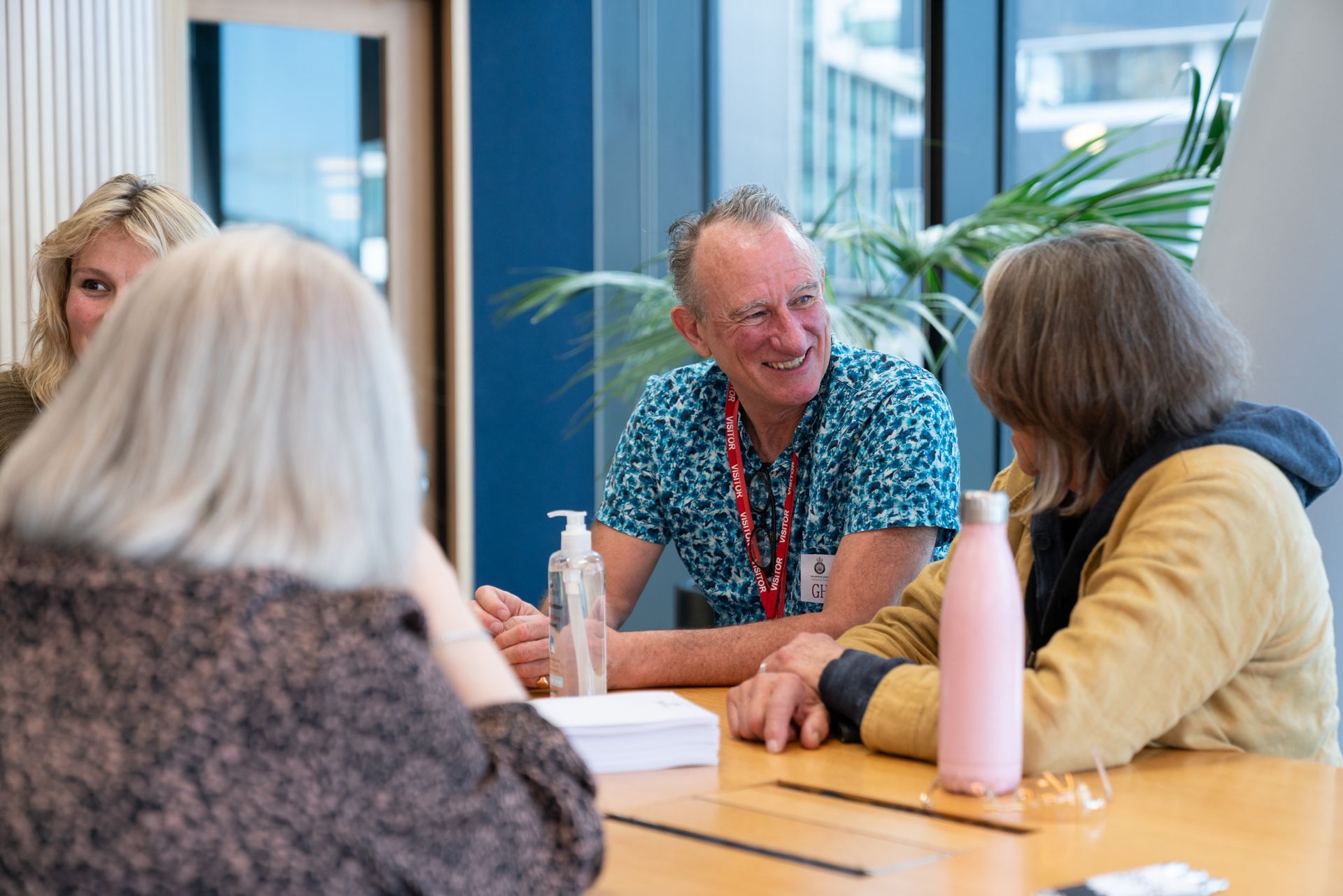Hot Take on Local Action for a Sustainable Future
Kia ora koutou,
In today’s world, communities and volunteer organisations play a vital role in addressing the challenges of environmental sustainability. As climate change, waste management, and resource depletion continue to shape global conversations, it’s increasingly clear that collective local action is key. CNA, as a national network of community organisations in New Zealand, has been actively working to support grassroots efforts in creating a more sustainable world.
CNA recognises the need, even in these busy times, of integrating sustainability into every level of community action, ensuring that organisations are not only responding to immediate needs but also fostering long-term, sustainable change. By seeking resources, tools, and knowledge, local groups can be aware of pressing environmental issues, from reducing carbon footprints to protecting native biodiversity.
Here’s how community and volunteer organizations can help make a new world by taking positive action on environmental and sustainability issues:
1. Promote Localized, Low-Carbon Solutions
This means encouraging renewable energy adoption, supporting the use of public transportation or cycling, and fostering local food systems. Community groups can facilitate educational programs on how reducing carbon emissions helps mitigate climate change, creating initiatives like community gardens or solar energy co-operatives. Time to get that pedometer going and get those steps in.
Action Step: Even just have kōrero around possible sustainable practices, and low-emission transportation methods, can empower members to make carbon-conscious decisions.
2. Implement Circular Economy Practices
Circular economies are essential for minimizing waste and maximizing resource use. Community organisations can create initiatives to encourage recycling, upcycling, and composting while reducing waste going to landfills. CNA supports community-driven solutions like repair cafes or zero-waste workshops that help individuals extend the life of products and reduce consumption of new resources.
Action Step: Find out where your local zero-waste place is. They can provide you with the ability to get rid of electronic waste effectively and also they have items at low, low prices..
3. Foster Sustainable Consumption and Eco-friendly Products
Another key area is empowering individuals and businesses to make better consumption choices. Community organizations can provide information about eco-friendly alternatives, whether it’s sustainable fashion, eco-friendly cleaning products, or the ethical sourcing of food and goods. By educating the community and hosting sustainability fairs, they can create demand for greener products while reducing reliance on harmful and wasteful practices.
Action Step: Does your organisation know where it gets its products from? Are there any better suppliers with a lesser carbon footprint. It’s easy to continue down that same old trodden path – what’s out there now?
As community and volunteer organisations, we have an immense responsibility and an opportunity to shape a sustainable future. By fostering local action that aligns with environmental sustainability, groups can not only improve their immediate surroundings but also contribute to the broader global effort to combat climate change and protect natural resources.
Ngā mihi nui,
Patrick Davies, Engagement Officer.
Share






